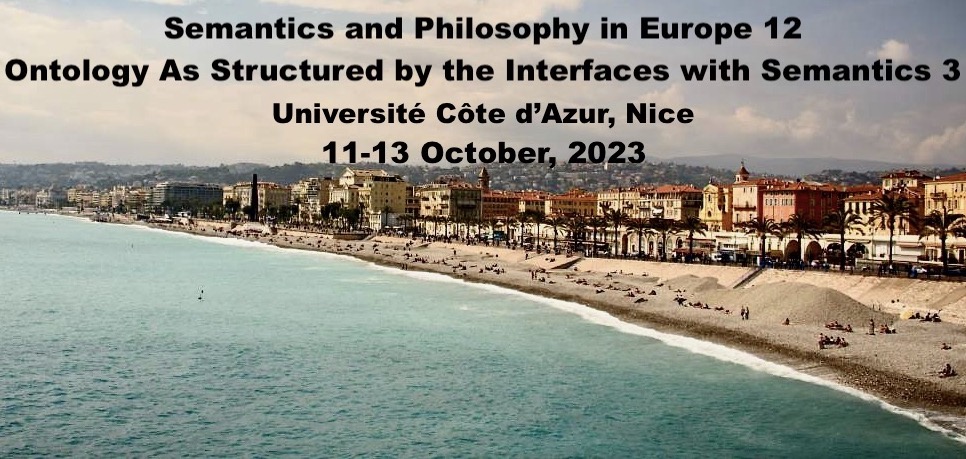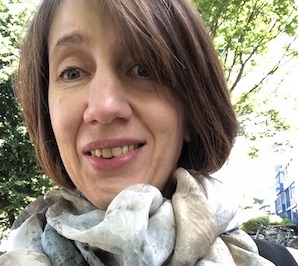
|
|
|
Interviews > Interview with Julie Goncharov

Dr. Julie Goncharov is a linguist and a post-doctoral researcher at Georg-August University in Göttingen.
OASIS: Tell us a little about yourself.
JG: There are many "myselfs" - one is a curious child, which after childhood is called a scientist.
Another is a human being who is a member of a society and who is trying to make the society better - using the resources I have to help people realize their dreams and make better lives.
Another self of mine is a pianist self - usually in the evening and during the weekends I am involved in classical improvisation. I was brought into this by a music professor I had in college who said that music is a language. You can't speak a language if all you do is recite what other people have said, poems from Shakespeare or something. You can only master the language if you can express your own thoughts in the language. Everyone at every level should be able to improvise. I'm not at the level of a performing artist, but I can do some things at my level, and I feel I can speak this language.
Another self is a member of family and small circles - I'm a sister, a daughter, a friend. I'm thinking about people who I'm orbiting on the smallest orbit.
OASIS: What is the strangest hill you are willing to die on?
JG: I don't have a particular hill I want to die on, but I do want to talk about hills. I feel that the greatest idea is the one you are developing. I do hope that I will die on a hill, climbing my next hill to my next goal. Diane Massam, my supervisor at the University of Toronto, says that our job is very anti-climactic. By the time something is published, you already no longer quite believe what you have written - you are already on the descending side of the hill. I didn't understand this comment when I first heard it, but now I have that experience frequently.
OASIS: What would help linguists and philosophers talk to each other?
JG: Philosophers and linguists are no different from other people. So what will help them is the desire to hear each other. In Canada, you have people from different cultures speaking different languages. There's no question about whether you understand other people or not. If you want to understand each other, you will. I've had conversations with philosophers about what philosophers need from linguists, and they have asked what linguists need from philosophers. What philosophers have told me is that they are interested in the broader picture that linguists can show them by virtue of having access to many languages. Many of them are afraid that their reasoning is influenced by the language they're reasoning in. So linguists can give them the cross-linguistic perspective.
OASIS: As a counterpoint, I've also heard from philosophers that it's hard to understand linguistics talks because there are "too many languages".
JG: Well, there really are a lot of languages in the world! We can see this point as a request for linguists to make our discoveries more accessible to philosophers. So we need to show them higher-order abstractions over the languages. We linguists have knowledge about family-specific properties of language and can look at single languages but also families or typological kinds of languages based on phenomena. We have this ability to abstract while still seeing the differences - for example, differences in marking agency in languages. This was a request from a philosopher - instead of showing them details about agency marking in different languages, they would like to see two or three generalizations about agency marking cross-linguistically that they can work with. We need to give them a sort of palette so that they can choose what to work with.
OASIS: What's your favorite ontological entity and why?
JG: My favorite ontological entity is worlds, in the Stalnaker definition, because I love this definition: A world is a property of a universe.
OASIS: Thanks for joining us for this interview. We look forward to your talk at OASIS 3 / SPE 12.
JG: Thank you, and thank you for the invitation.

